latest

Custom AOSP GSI brings Android 12L to any Project Treble-enabled device
An Android 12L custom GSI is now available for download, bringing the latest Android OS version to any device that supports Project Treble.
After months of thorough beta-testing, Android 12L is now officially available as an interim update before Android 13. The stable release is currently rolling out to select Google Pixel smartphones, while tablets and foldables from Microsoft, Lenovo, and Samsung will get it later this year. The underlying codebase has also become available through the Android Open Source Project, providing OEMs and developers with the finalized Android 12L source code to play around and compile. This also means that custom ROMs are now due to come at any given time, and indeed, they have already started appearing. The first Android 12L-based aftermarket ROM is now available in the form of a custom Generic System Image (GSI).

Phh’s custom Android 12 GSI gets updated with February 2022 security patches, OTA update support, and more
The custom AOSP GSI by XDA Recognized Developer phhusson for use on Project Treble-enabled devices now features a dedicated OTA updater. Read on!
Android 12 has been here a while now. Although some OEMs got the update out the door straight away, others have taken their time to roll out the stable build. Besides the official updates, the aftermarket development community has also helped us experience all the new features of the latest iteration of Android through custom ROMs across a growing list of devices. Unless you’ve been living under a rock, you should also have heard about the Android 12-based custom Generic System Image (GSI) release from XDA Recognized Developer phhusson that can be installed on any device that supports Project Treble. The developer has now refreshed his Phh-Treble AOSP 12 GSI project (code-name "Squeak") with the February 2022 security patches, a number of platform-specific patches, and more.

Android 12 custom GSIs bring the latest Android OS to any Project Treble-supported device
You can now get a taste of Android 12 on any Project Treble compatible device, thanks to these custom GSI releases. Read on to know more!
Android 12 is here, albeit the stable version is available only on Google's Pixel lineup — including the newly introduced Pixel 6 series — for now. A handful of OEMs like Samsung and OnePlus are also offering public beta builds of their customized skins based on the stable Android 12 codebase, but the list of eligible devices is quite small. Nonetheless, the aftermarket development community is helping us experience all the new features of Android 12 through custom ROMs across a growing list of devices. Besides, Google does offer its own set of Android 12 Generic System Image (GSI) packages on its website, so that developers can test their apps against the latest API level.
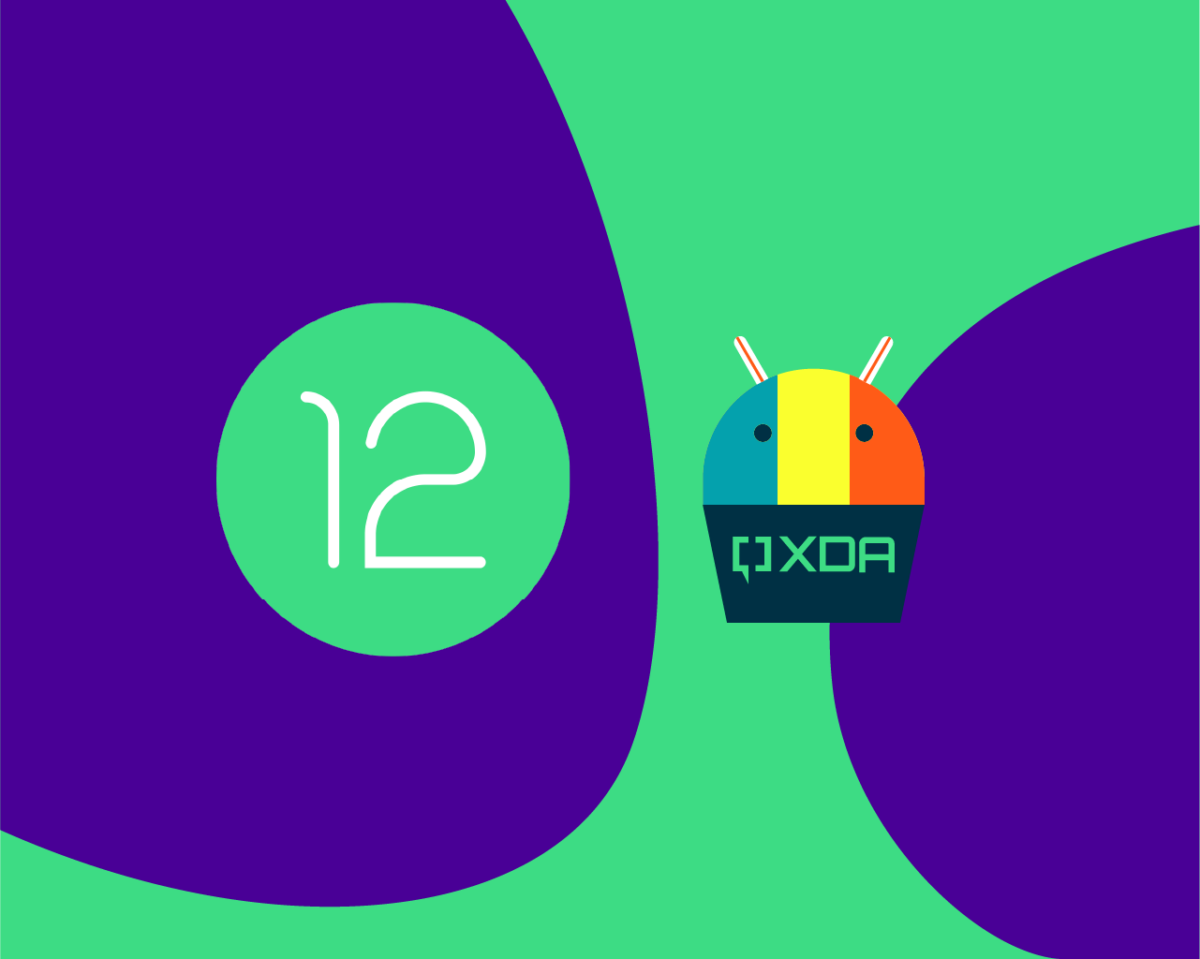
The first Android 12 custom ROMs are already here
The first set of custom ROMs based on Android 12 is now available in the form of a GSI and a device-specific AOSP build. Read on!
With Android 12's AOSP source drop yesterday, many were left wondering (particularly those with Pixel devices) when they would get to use a fully complete version of the latest and greatest Android experience. We've already seen a number of beta builds from OEMs like OPPO, OnePlus, and Samsung for select devices, but there are no stable releases yet and there likely won't be for a while. Having said that, the public availability of the Android 12 source code means that custom ROMs are now due to come at any time, and indeed, they have already started appearing on our forums.

Descendant XI offers a fresh take on Android 11 with loads of unique features
The March 2021 release of Descendant XI is now rolling out, bringing several new features on top of Android 11 and support for more devices.
At XDA, we pride ourselves on the power of the modding community in providing choices — choices that accommodate the wide variety of needs from different users. One of the common products of this choice is the availability of AOSP-based custom ROMs for devices that run on an otherwise heavily customized UI. In fact, many older Android smartphones are kept alive by custom ROMs, sometimes years after devices were abandoned by the device maker.

Google and Qualcomm partner to support 4 Android versions for new Snapdragon chipsets
Google is working with Qualcomm to make it easier to deliver software updates, enabling 4 Android OS version and 4 years of security updates.
Over 3 years ago, Google announced Project Treble, a major rearchitecting of Android designed to speed up software updates. While the architecture introduced by Project Treble has helped OEMs to speed up the delivery of major Android OS updates and monthly security patches, it has had an adverse effect on SoC providers like Qualcomm. In fact, Treble has actually increased the complexity, and thus the engineering costs, associated with providing Android OS update support for any given chipset. That has limited the length of support that Qualcomm can provide for its SoCs, but that will soon change. All Snapdragon SoCs launching with Android 11 or later—starting with the Snapdragon 888, Qualcomm will support 3 Android OS version updates (launch release + 3 letter upgrades) as well as 4 years of security updates. That's an additional year than they previously provided for their flagship 800-series chipsets.

An early build of LineageOS 18.0 GSI brings Android 11 to Project Treble compatible devices
You can now get the taste of LineageOS 18.0, based on Android 11, on any Project Treble compatible device thanks to this custom GSI release.
Android 11 is the latest Android version out there, albeit it is available officially on only a handful of devices. But since the source code of the new release has already made its way to AOSP, aftermarket developers have helped us experience all the new features on Android through custom ROMs across a growing list of devices. Unless you've been living under a rock, you should also have heard about the Android 11-based custom Generic System Image (GSI) created by XDA Recognized Developer phhusson that can be installed on any device that supports Project Treble. We now have a new addition to the list, as the first alpha build of LineageOS 18.0 GSI is up for grabs.

Developer boots Android 11 on 22 older devices with a Project Treble GSI
An Android 11 custom GSI is now available for download, bringing the latest Android OS version to any device that supports Project Treble.
The ability to boot a generic, AOSP-based system image on a compatible Android device is undoubtedly one of the best outcomes of Project Treble. Since the release of Android 8.0 Oreo, manufacturers seeking Google certification are required to test their devices for Treble compliance by booting this Generic System Image (GSI) and verify basic hardware functionality. Treble requires that devices launching with Android Oreo and above separate the vendor implementation such as the HALs, the software that the OS uses to communicate with the underlying hardware, from the Android OS framework, which is why it is theoretically possible to boot the latest version of Android on a legacy device without modifying the boot or vendor image.

How to enable VoLTE on Qualcomm devices running Generic System Images (GSIs)
The VoLTE-Fix mod can be used to bring back support for Voice over LTE on most Project Treble-compliant Qualcomm devices running Generic System Images.
Google's Project Treble is undoubtedly the biggest restructuring of the Android OS since its inception. The Mountain View giant completely revamped the way the Android OS framework and vendor drivers/the Linux kernel interact with one another in order to reduce Android platform version fragmentation. On top of that, Project Treble also made it possible to boot an AOSP Generic System Image (GSI) on any supported device. XDA's developer community has long been distributing its own custom GSIs with additional device-specific fixes, but there are some known limitations in those builds. For example, advanced cellular services like Voice over LTE (VoLTE) and Wi-Fi Calling (VoWiFi) are usually broken on GSIs.
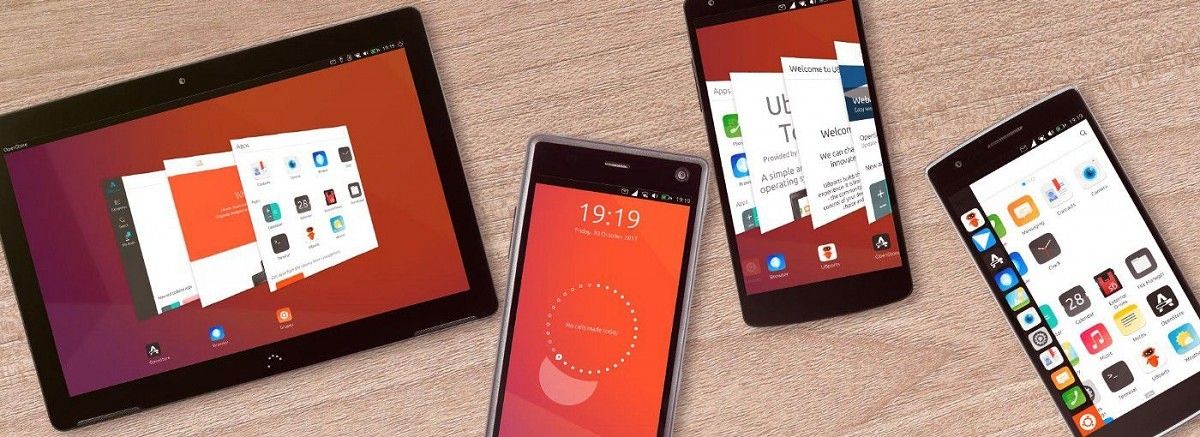
UBports GSI brings Ubuntu Touch to any Project Treble-supported Android device
XDA Recognized Developer erfanoabdi has compiled an Ubuntu Touch GSI that can be installed on any Project Treble compliant device.
The ability to boot an AOSP Generic System Image (GSI) on a compatible Android device is one of the best outcomes of Project Treble, but a similar achievement has yet to be made in the domain of generic kernel development. Google does mandate a minimum Linux kernel version requirement with each new release of Android, but you still can't simply flash a generic ARM Linux distribution on your Android smartphone and expect it to work due to the fact that the majority of the Android devices are not using a mainline Linux kernel. There exists a community-driven project named UBports that aims to bring Ubuntu Touch (a mobile version of the popular Ubuntu Linux distribution) to Android devices, but their device support is fairly minimal to date.
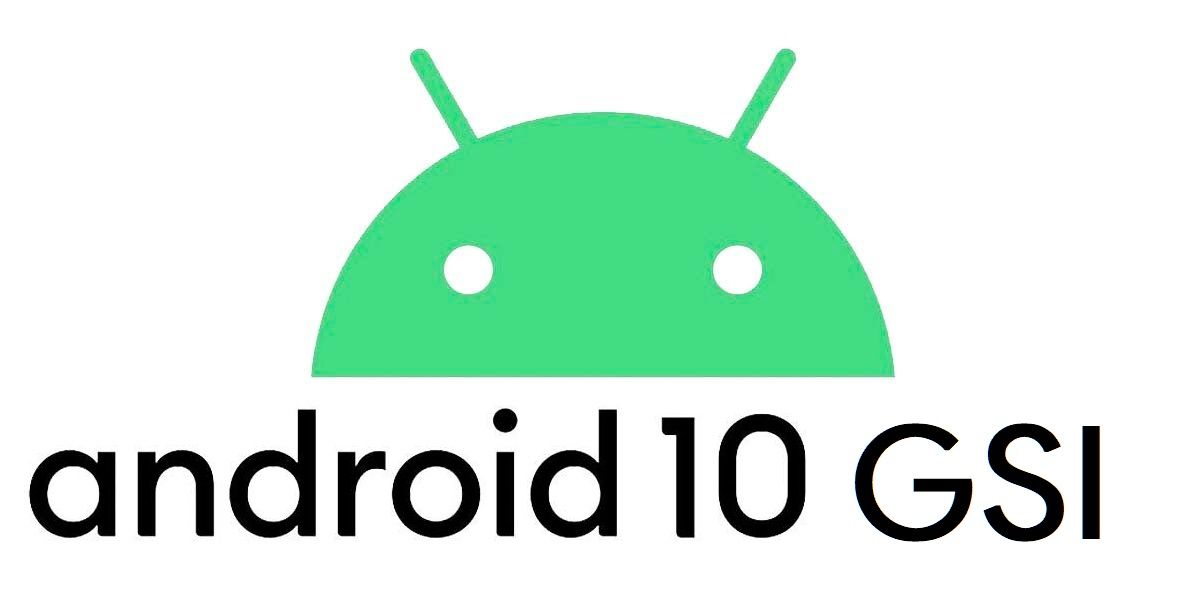
phh's custom Android 10 GSI adds better support for the Razer Phone and new "My Device" settings
The custom AOSP GSI by XDA Recognized Developer phhusson for use on Project Treble-enabled devices now features a dedicated "My device" settings. Read on!
Google first announced Project Treble with Android 8.0 Oreo in an effort to bring faster updates to Android devices and minimize the long-standing issue of fragmentation. XDA's developer community quickly discovered another interesting benefit with this modularization approach: the ability to boot an AOSP Generic System Image (GSI) on any supported device with an unlockable bootloader. After making history by successfully booting AOSP GSI on the Huawei Mate 9, XDA Recognized Developer phhusson has become a lead mentor in the field of community-made custom GSIs. The developer has now updated his vanilla Android 10 based Project Treble GSI AKA Quack Phh-Treble with a new option that greatly simplifies the setup process of various device-specific Treble app presets.
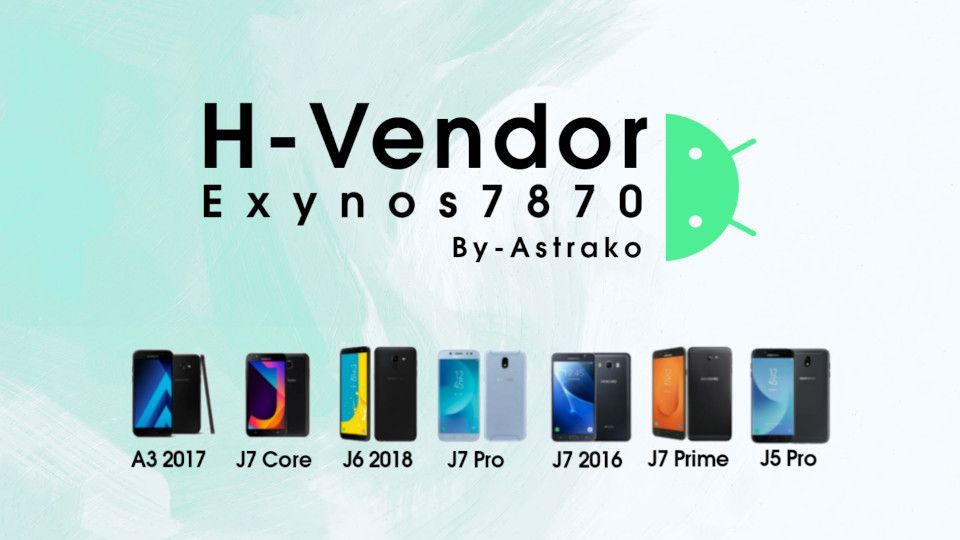
Developers bring Project Treble support to several Samsung Galaxy phones with the Exynos 7870
A bunch of Exynos 7870-powered Samsung Galaxy phones have received Project Treble compatibility via manual partitioning and a custom vendor implementation.
The Exynos 7870 is one of the most widely used SoCs by Samsung. The OEM had been using this octa-core (8x ARM Cortex-A53 cores clocked at 1.6GHz) system-on-chip in its phones since 2016 and even released the Galaxy M10 in 2019 with the same 14nm processor. Interestingly, some of the newer Exynos 7870-powered devices were launched with Android Oreo onboard, which made them compatible with Project Treble. While Samsung didn't officially backport Treble support to legacy Exynos 7870 smartphones, XDA's developer community has managed to do it anyway.
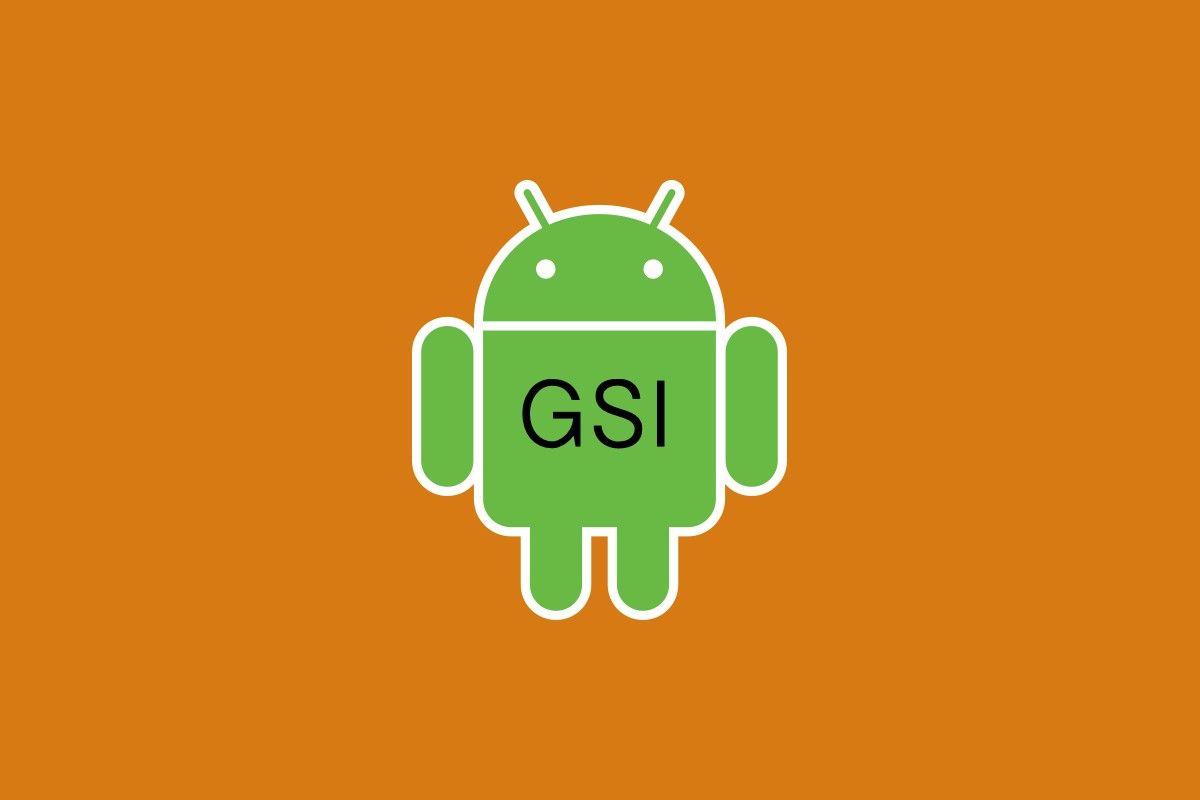
Custom AOSP Project Treble GSI gets updated with June 2020 security patches, Netflix HD support for the Xiaomi Mi 9 and Redmi Note 9S, and more
XDA Recognized Developer phhusson's custom AOSP GSI for Project Treble-compliant devices has been updated with June 2020 security patches.
Thanks to Project Treble, Android users can easily boot an AOSP Generic System Image (GSI) onto any supported device. Be it Xiaomi's MIUI or Samsung's One UI, those heavily customized OEM skins can even be replaced with community developed GSIs in favor of a close-to-stock Android experience. While you should be able to boot Google's AOSP GSI onto any Project Treble-supported device, you'll be missing out on many features that lend to a proper day-to-day experience. That's where XDA Recognized Developer phhusson's custom GSI comes in. He incorporates many bug fixes and feature additions that aren't available in Google's GSI in order to make them actually usable on a day-to-day basis. The developer has now refreshed his custom Project Treble GSI project with the latest June 2020 security patches and a number of new device-specific patches.
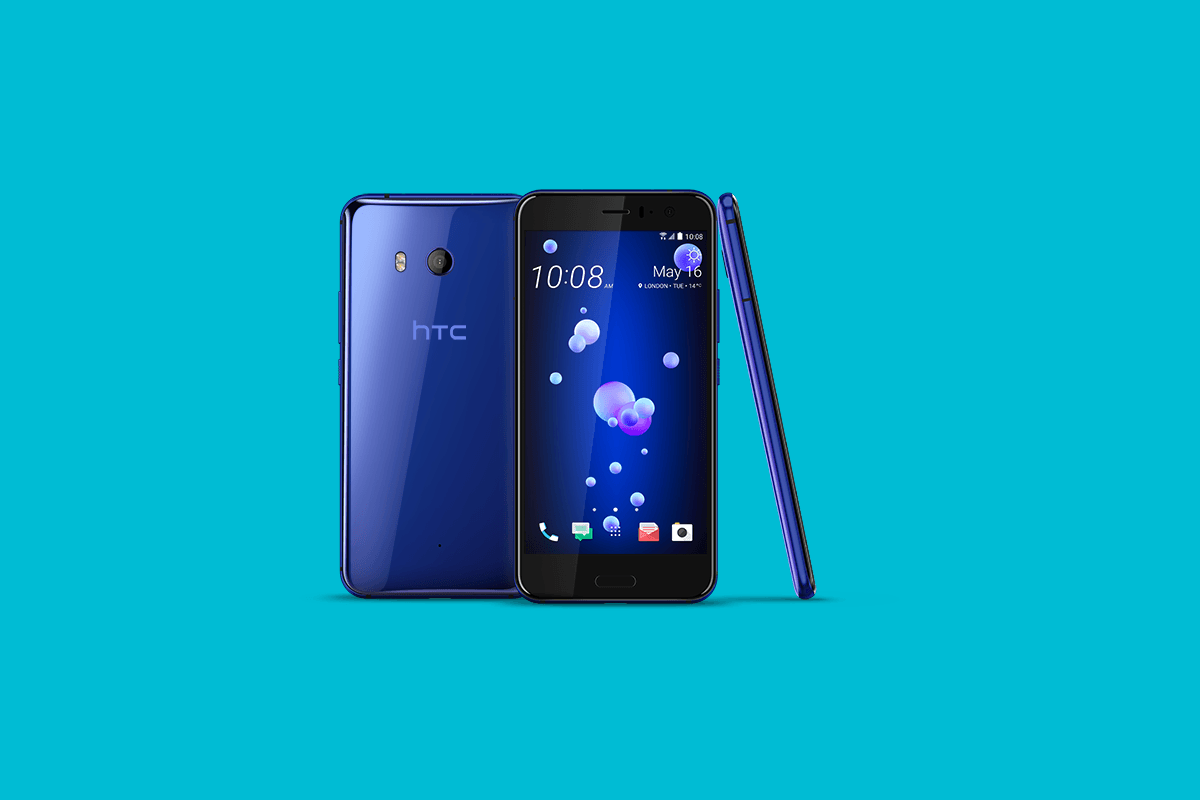
Developers bring Android 10 and Project Treble to the HTC U11
The HTC U11 has received Project Treble compatibility via manual repartitioning and an unofficial build of LineageOS 17.1, based on Android 10.
HTC's smartphone division might not be dead after all, but the whole software update situation around existing HTC phones is a big mess. The Taiwanese phone manufacturer is having a hard time delivering the Android 10 update to its phones, with the HTC U11 Life being an exception due to its Android One branding. The regular variant of the HTC U11, for example, is stuck with Android Pie. Thankfully, owners of this phone now have an opportunity to get the taste of Android 10. Courtesy of XDA's brilliant development community, the HTC U11 can not only boot LineageOS 17.1, but the device has also become compliant with Project Treble.

Custom Project Treble GSIs get updated with the May 2020 security patches and add DC Dimming support on OPPO devices
The custom AOSP GSI by XDA Recognized Developer phhusson for use on Project Treble-enabled devices has been updated with May 2020 security patches.
A bunch of Samsung devices started receiving the May 2020 security patches even before Google published the security bulletin for the month and rolled out corresponding OTA updates for the compatible Pixel devices. Even if you don't have a Google Pixel phone or one of those Samsung flagships, you still have a chance to bump the Android security patch level (SPL) of your device by flashing an updated Generic System Image (GSI), provided the device itself is compliant with Project Treble and the bootloader is unlockable. In fact, XDA Recognized Developer phhusson, a well-known name in the third-party GSI development community, has recently updated his custom AOSP-based Project Treble GSI AKA Quack Phh-Treble with May 2020 security patches as well as several OEM-specific fixes.

Custom Project Treble GSIs get updated with the April 2020 security patches and fixes for Xiaomi/Realme devices
The custom AOSP GSI by XDA Recognized Developer phhusson for use on Project Treble-enabled devices has been updated with April 2020 security patch. Read on!
As a consequence of separating the Android OS framework and the vendor HALs and Linux kernel, Project Treble enables the ability to boot an AOSP Generic System Image (GSI) on any supported device. While Google does provide developer-centric Android 10 GSIs as well as a handy flash tool on its website, community developers have long been distributing their own custom GSIs based on popular custom ROMs or just plain AOSP. These distributions often incorporate device-specific fixes so that end users can easily substitute the heavily customized Android skin on their phones with an almost stock experience without breaking basic functionalities like Wi-Fi or RIL. The pioneer in this field, XDA Recognized Developer phhusson, has now updated his custom Project Treble GSI with the latest April 2020 security patches as well as a whole lot of other fixes.

Android 11's DSU Loader makes it easier than ever for developers to test apps on stock Android
Android 11 will come with DSU Loader within the Developer Options that will let you download and install compatible GSIs automatically! Read on for more!
A good app ecosystem is one of the most important pillars of the success of an operating system. Both Google and Apple recognize the value of having good applications on their platforms, and so both companies try to balance the needs of their users and their app developers. Users keep pushing for changes in the OSes, and while most people generally appreciate new features, these changes are not always fun for app developers as they can alter a lot of the core functionality and behavior. For developers who are constantly working to keep their apps relevant, dealing with these changes adds to their growing worklist. Even if these changes do not directly affect their applications, developers still need to make sure that their apps will work on the new OS update. Google has done many changes over the years to make this process easier for Android app developers, and now, a new feature in Android 11, called DSU Loader, will make it even easier for app developers to test their apps on new Android versions.

Android 10 custom GSI brings the latest Android OS to any Project Treble-supported device
An Android 10 custom GSI is now available for download, bringing the latest Android OS version to any device that supports Project Treble.
Thanks to Project Treble, a major rearchitecting of the Android OS, it's possible to boot a generic, AOSP-based system image without modifying the boot or vendor image. OEMs seeking Google certification are required to test their devices for Treble compliance by booting this "Generic System Image," or GSI, and verifying basic hardware functionality, but they aren't required to make sure that everything works. Unfortunately, that means GSIs are fairly functional on some devices and broken on others. That's where the community, and in particular XDA Recognized Developer phhusson, comes in. The custom GSIs built by independent developers on our forums are designed to operate on as many devices as possible and with few bugs. For example, phhusson's latest GSI brings Android 10 to any device that supports Project Treble, and it does so without breaking basic functionality like Wi-Fi, RIL, or brightness controls on many devices.
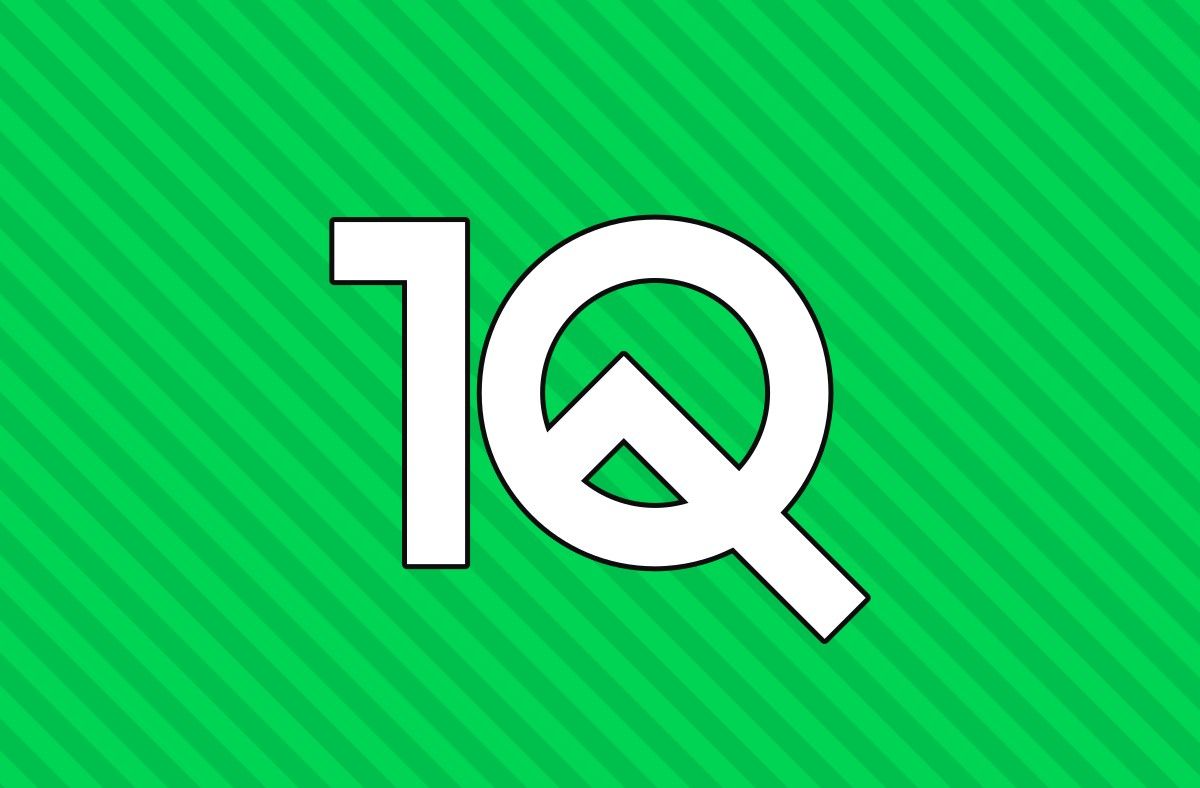
Google shows just how much Project Treble has improved OS Android adoption
For people in the Android community, Project Treble has been a big deal, and it has improved version update adoption. But how much has it really helped?
When it was announced back in 2017, Project Treble was seen as game-changing to the Android ecosystem. In basic terms, Project Treble modularizes Android to make it easier for OEMs to update devices. For people in the Android community who love trying bleeding edge software, this has been a big deal, and it has improved version update adoption. But how much has it really helped? Google shared some details today in a blog post.
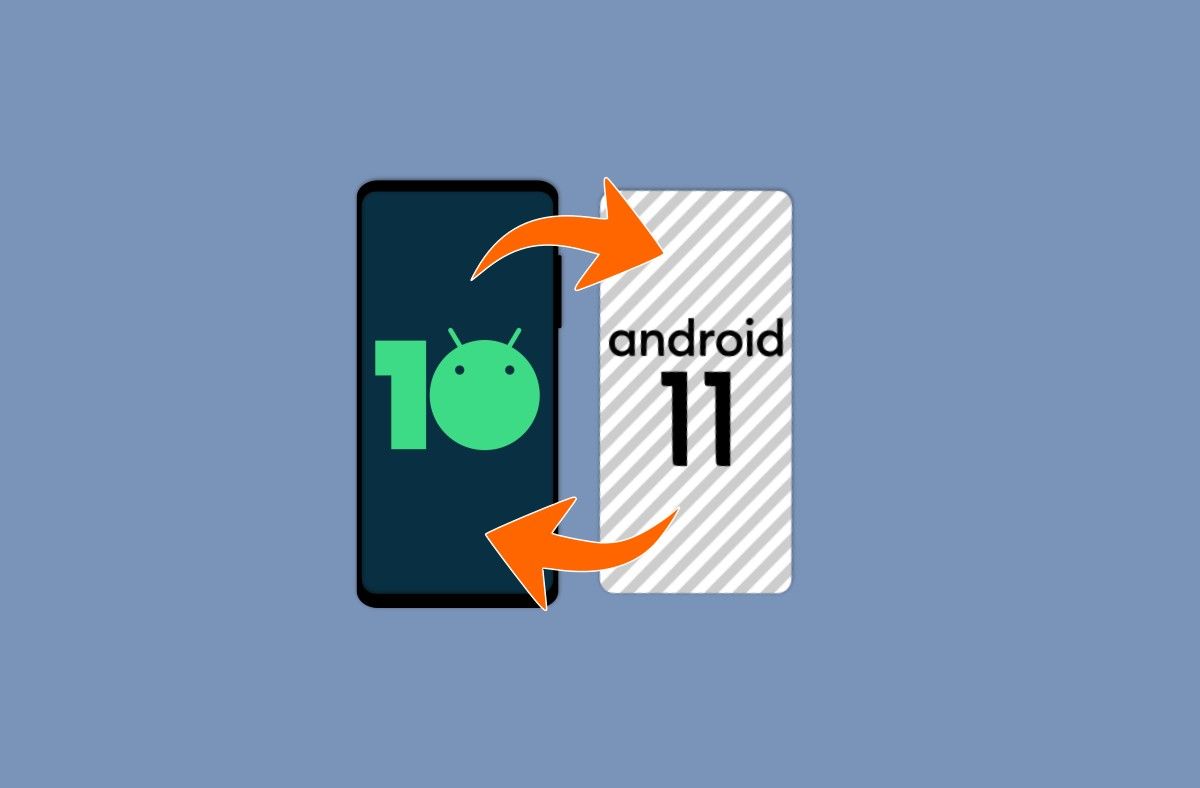
Google is expanding Android 10's DSU feature to let you try OTAs from OEMs without committing to the update
Ever wanted to try an update without actually updating? DSU in Android 10 is designed for that, but it's currently limited. That could change soon.
Android OS and security level fragmentation is a huge problem that Google is investing a lot of engineering effort to combat. In the past two years, Google announced two major initiatives designed to speed up the rollout of updates: Project Treble and Project Mainline. The latter was only announced this May during Google I/O 2019, and it's only supported on devices launching with Android 10. The former, however, has been around since Google I/O 2017, so we've seen how much of an impact it's had on Android updates with Android 9 Pie and Android 10.




